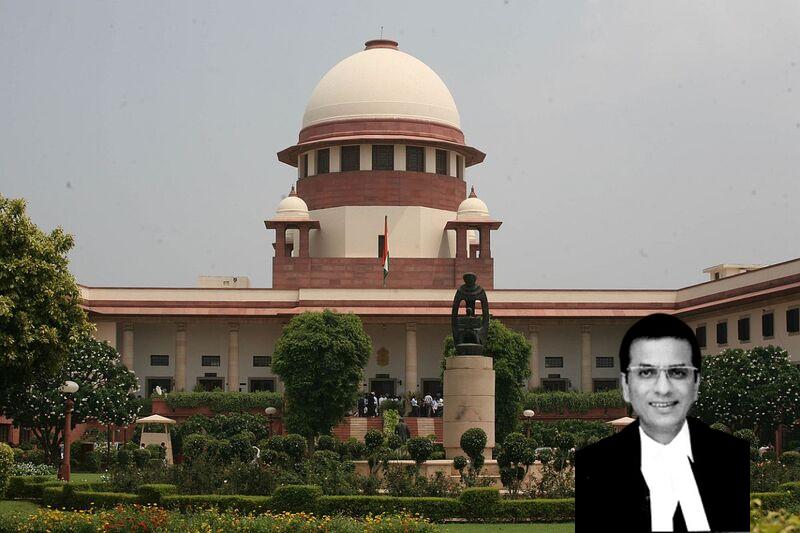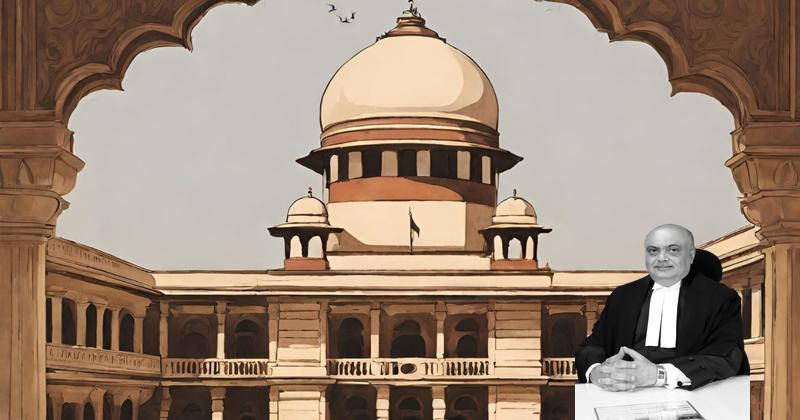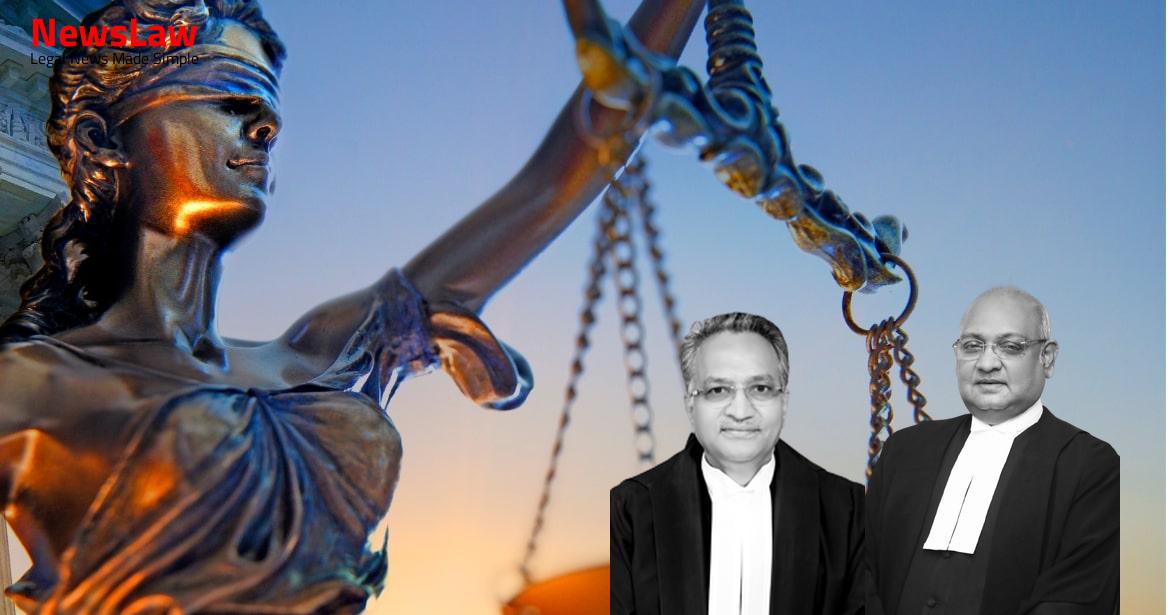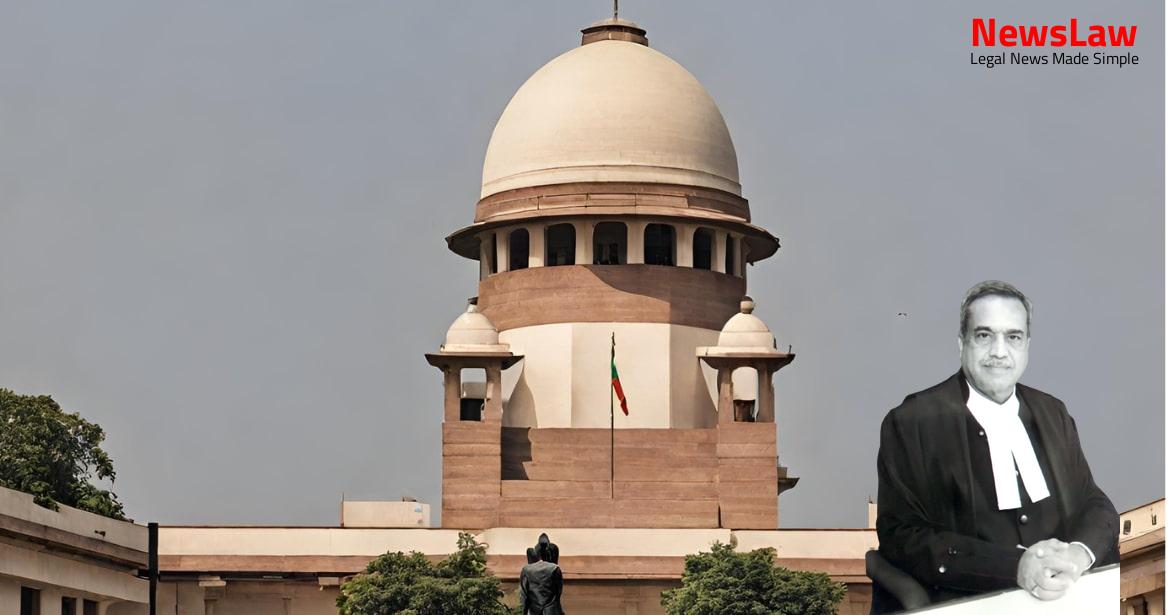No.497 of 2008 (hereinafter referred to as the “Impugned Judgment”) passed by the High Court of Orissa at Cuttack (hereinafter referred to as the “High Court”) whereby the appeal filed by the appellant against judgment dated 15.11.2008 in GIA Case No.39 of 2005 of the State Education Tribunal, Orissa (hereinafter referred to as the “Tribunal”) directing the Respondents No.1 & 2 to approve the appointment of Respondent No.5 on the post of Physical Education Trainer (hereinafter referred to as “PET”) in the Gram Panchayat School, Sailo at Nadhana (hereinafter referred to as the “School”), District Puri and release of block grant in his favour with effect from 01.01.2004, has been dismissed. However, the interim order dated 11.01.1993 of the High Court was vacated on 18.12.1995, as term of the Managing Committee approved on 15.12.1992 stood expired. No.80 of 1993 and 6687 of 1996) , the High Court quashed the order of approval dated 03.07.1996 and directed the Inspector of Schools to remain in-charge of the management of the School.
The Tribunal vide judgment dated 15.11.2008 quashed the order dated 02.04.2005 by which approval was given to the service of the appellant and further directed approval of the appointment of Respondent No.5 and for release of block grant in his favour w.e.f. It was submitted that despite the dates clearly indicating a sham process of appointment, the Tribunal and the High Court granted relief to the Respondent No.5 only on the basis of the aforesaid two documents without any document/record showing that the Respondent No.5 actually performed his duties in the School so as to entitle his service being approved, which is a condition precedent for salary in the shape of grant- in-aid/block grant. Learned counsel submitted that facts have been duly verified from the records of advertisement, 8 resolution, appointment letter, attendance register and renewal register pertaining to the appellant by the competent authority; and in this background, he was approved by the order dated 02.04.2005 as eligible to receive block grant.
Thus, it was contended that the Tribunal has not given any finding with regard to the records relating to the appointment of Respondent No.5 and the High Court has also clearly erred in ignoring the relevant factual matrix as disclosed in the concerned contemporaneous records duly verified by the competent authority of the State. Learned counsel for Respondent No.5, per contra, submitted that the High Court in its order dated 23.07.1999 has noted that the Managing Committee constituted on 28.12.1992 was the only competent Managing Committee which has appointed the Respondent No.5, hence the same is valid. In this connection, reliance was placed by learned counsel on the decision in Bibekananda Das v State of Orissa, 1997 (II) OLR 122, holding that a teacher appointed prior to 18.12.1993, without having the training/qualification for the post, cannot be terminated or denied approval, but such employee was to be allowed to undergo training in course of his employment and on completion of the training, he/she would become entitled to trained scale of pay. On this issue, it was submitted that at best, even if the Respondent No.5 was appointed in some other school, still his appointment in the present school would not be nullified, as there can be, possibly, a charge of misconduct, for which proceedings can be or could have been initiated, but no such proceedings have in fact been initiated. Thus, the appointment made by the said Managing 14 Committee (constituted on 15.12.1992) of the appellant cannot be labelled illegal per se nor void ab initio. It is also noteworthy that the High Court 15 only took a view with regard to reconstitution of the Managing Committee and even in its final order dated 23.07.1999, there is no whisper that any/all action(s) taken by the Managing Committee constituted on 15.12.1992, even though in terms of the interim order of the High Court, would lose their efficacy and/or validity. On the legal aspect, since the Managing Committee constituted on 15.12.1992 continued for its full term by virtue of the interim order of the High Court dated 11.01.1993 and even in the final order disposing of the case on 23.07.1999, no adverse comment made on actions taken by the said Managing Committee, coupled with the fact that the appellant continued to discharge the duties on the post right since his appointment on 14.05.1994, which is documented in the school register and verified by the Inspector of Schools, with his having been sent on election duty thrice, in our view, are sufficient pointers that the appellant had actually worked and continued on the post.
An issue that deserves some attention, as per Respondent No.5, is that since the Sri Thakur Nigamananda High School, Terundia got permission in 2000 and received recognition in 2002, the Respondent No.5 could not have been working there from 04.01.1995 to 18.08.2002. Moreover, in the present case, the competent authorities have come to a finding, upon scrutiny and verification of relevant records about the factum of Respondent No.5 having worked in the Sri Thakur Nigamananda High School, Terundia from 18 04.01.1995 to 18.08.2002, which this Court has no reason to disbelieve. Where a service related claim is based on a continuing wrong, relief can be granted even if there is a long delay in seeking remedy, with reference to the date on which the continuing wrong commenced, if such continuing wrong creates a continuing source of injury. But if the claim involved 20 issues relating to seniority or promotion, etc., affecting others, delay would render the claim stale and doctrine of laches/limitation will be applied. One can say that delay is the genus to which laches and acquiescence are species.
Therefore, it would be unjustifiable for a Court of Equity to confer a remedy on a party who knocks its doors when his acts would indicate a waiver of such a right. To determine the difference between the concept of laches and acquiescence is that, in a case involving mere laches, the principle of estoppel would apply to all the defences that are available to a party. From the knowledge comes passive acceptance, therefore instead of taking any action 23 against any alleged refusal to perform the original contract, despite adequate knowledge of its terms, and instead being allowed to continue by consciously ignoring it and thereafter proceeding further, acquiescence does take place. Doctrine of delay and laches as well as acquiescence are applied to non-suit the litigants who approach the 24 court/appellate authorities belatedly without any justifiable explanation for bringing action after unreasonable delay. Manohar, (2005) 2 SCC 126] this Court observed that if the 25 statutory authority has not performed its duty within a reasonable time, it cannot justify the same by taking the plea that the person who has been deprived of his rights has not approached the appropriate forum for relief. Tarsem Singh, (2008) 8 SCC 648 : (2008) 2 SCC (L&S) 765] may be continuing cause of action.



